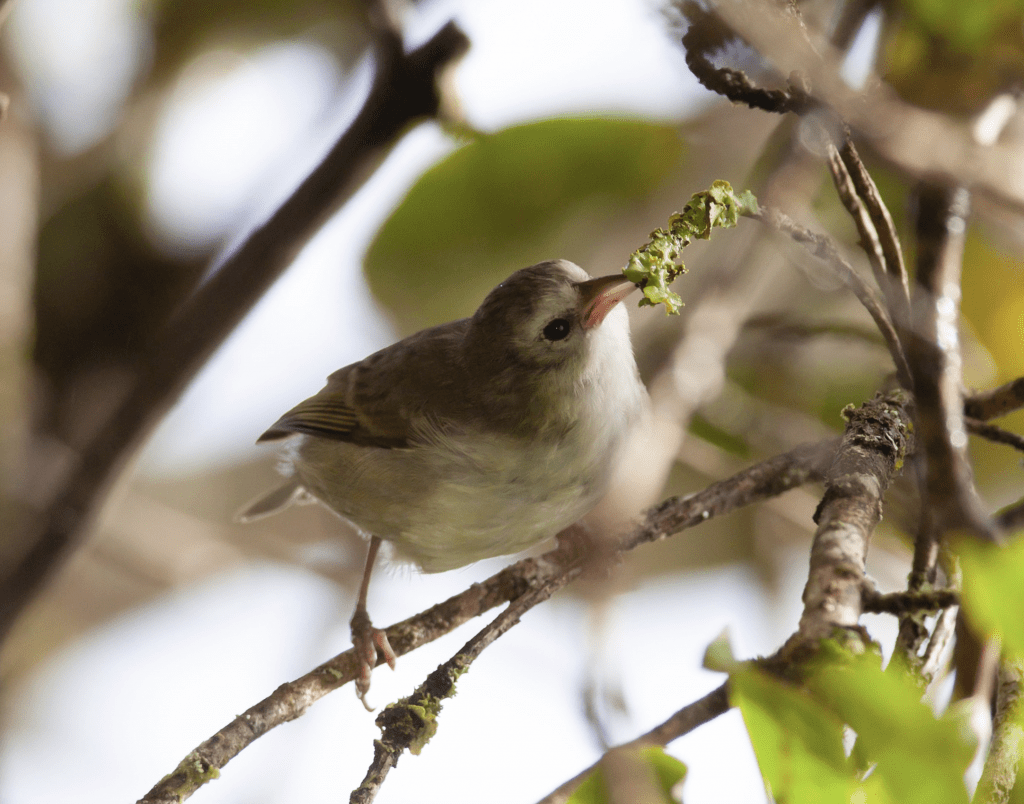February 8, 2024 · 7:00 AM HST

A judge has granted summary judgment in favor of the Department of Land and Natural Resources (DLNR) and the American Bird Conservancy (ABC), thwarting efforts by an advocacy group to restrain the use of the Incompatible Insect Technique (IIT) to control mosquito born avian malaria in East Maui.
According to state officials, avian malaria has contributed to the extinction of native bird species and is the primary cause of extinction of many species of the ʻakikiki, or Hawaiian honeycreepers. The implementation of the IIT aims to reduce mosquito populations by releasing incompatible male mosquitoes to mate with existing ones.
Last March, the state Board of Land and Natural Resources (BLNR) approved a final environmental assessment for implementation of the IIT project in East Maui and found it had no significant impact (FONSI).
Plaintiff and founder of Hawaiʻi Unites, Tina Lia, filed a claim saying the BLNR erroneously accepted the final environmental assessment and erroneously issued a FONSI.
First Circuit Court Judge John M. Tonaki granted a summary judgment in favor of DLNR and the ABC, represented by the Center for Biological Diversity.
Tonaki said that many of the alleged issues raised by Hawaiʻi Unites were addressed in the FEA and others were raised as “mere possibilities.”
“There is no genuine issue of material fact relating to whether the DLNR and BLNR complied with the requirements under the Hawai‘i Environmental Policy Act,” Tonaki wrote.
The decision was a victory for bird conservationists and the DLNR.
“Historically, mosquitoes were absent from higher elevations due to cooler temperatures; however, climate change has warmed these elevations which now provides favorable conditions for mosquitos to spread avian malaria to this vulnerable bird species,” said DLNR/BLNR Chair Dawn Chang. “IIT is the most effective and safe technique available for controlling mosquito populations and has been used successfully around the world.”
According to the DLNR, the IIT is being deployed on the slopes of Haleakalā while work continues to capture as many endangered birds as possible, bring them into conservation breeding centers and keep them safe, until they can be returned to mosquito-free areas.